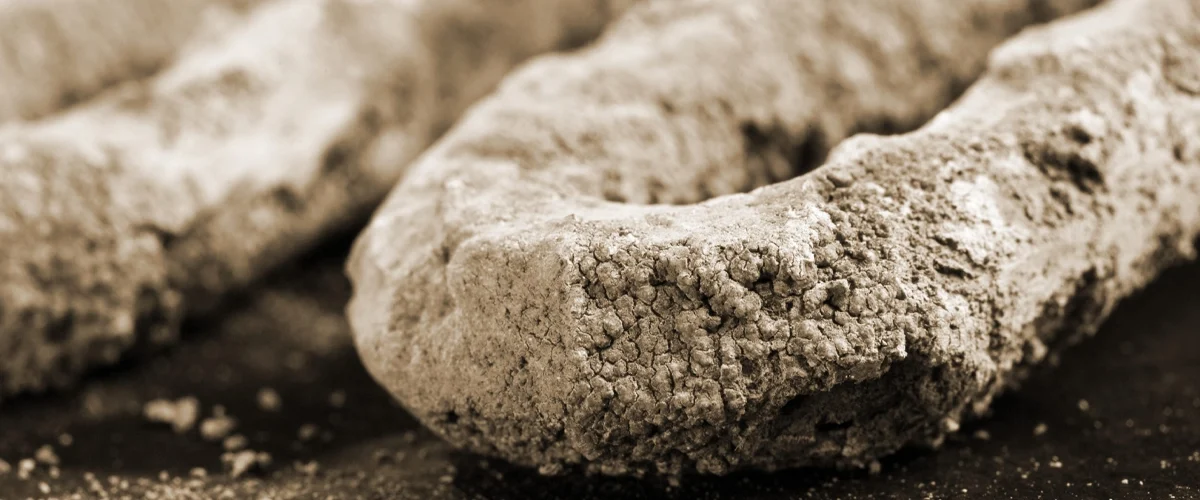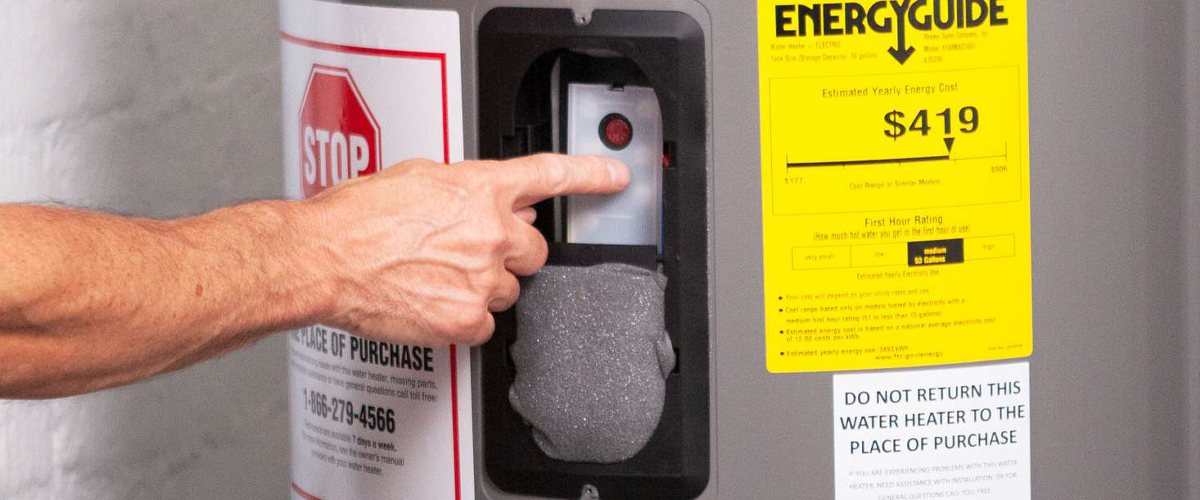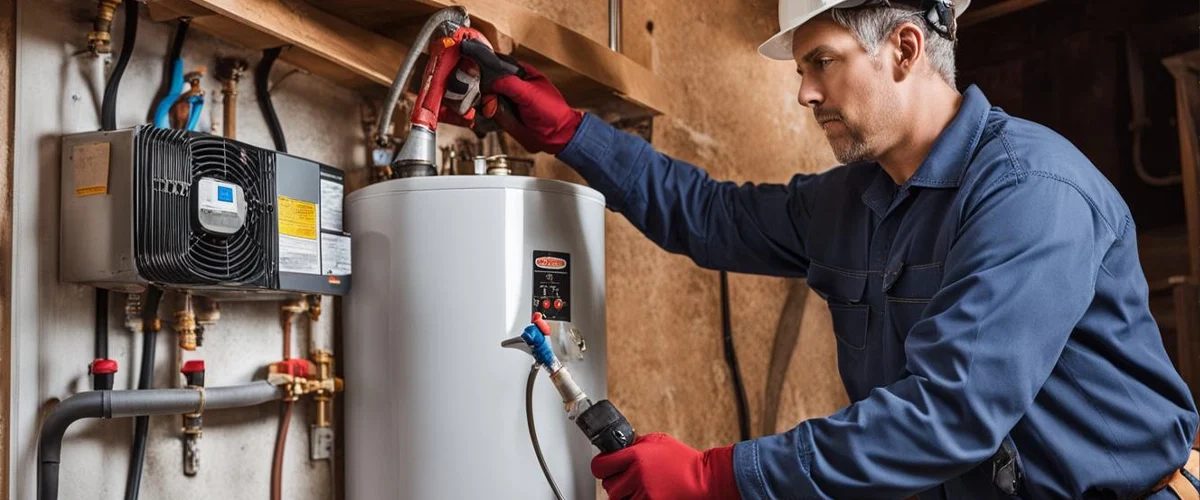Water heaters are essential for comfort in every household, especially in warmer regions like South Florida where warm showers are still a necessity even on hot days. However, when your water heater starts making strange noises, it can be both annoying and concerning. Rattling, popping, banging, or hissing sounds often indicate an underlying issue that needs attention. Fortunately, there are several ways to troubleshoot and resolve these noises before considering a full water heater replacement. Whether you’re trying to maintain your existing unit or thinking ahead for a new water heater installation, understanding the causes and solutions is key to protecting your investment and comfort.
Let’s explore what might be causing your noisy water heater and how to troubleshoot it effectively

Sediment Buildup: The Most Common Culprit
Over time, sediment from hard water settles at the bottom of your water heater tank. This is especially common in areas like South Florida, where mineral-rich water is prevalent. When the burner heats the bottom of the tank, the sediment traps water beneath it. As the water heats and tries to escape, it creates a popping or rumbling sound. This is not just a nuisance—it can reduce the efficiency of your unit and lead to premature failure.
Performing regular water heater maintenance, particularly water heater flushing, is one of the best ways to prevent sediment buildup. Flushing involves draining the tank completely and then forcing out the remaining sediment with fresh water. It’s recommended to flush your unit at least once a year to maintain optimal performance. If the noise persists even after flushing, the sediment layer may be too thick, or there could be internal corrosion already underway.
If your water heater is older and has never been flushed, sediment buildup may have already damaged the heating element or tank lining. In such cases, it might be more cost-effective to consider a water heater replacement. Newer models are more energy-efficient and better equipped to handle South Florida’s unique water conditions.
Water Hammering and Pipe Expansion
Another source of noise from your water heater may not come from the heater itself but from the plumbing system connected to it. A condition called “water hammer” occurs when water suddenly stops or changes direction, creating a shockwave that causes pipes to bang against walls or studs. This often happens when valves close abruptly or when there’s a sudden stop in water flow. If you hear loud banging when your water heater cycles on or off, water hammering might be the issue.
Pipe expansion and contraction are also common culprits. As hot water flows through metal pipes, they expand and may rub against structural elements of your home. This rubbing creates ticking or creaking noises. Although these sounds are not dangerous, they can be irritating and may signal that your plumbing lacks proper expansion or support fittings.
A licensed plumber can install water hammer arrestors or add insulation around pipes to reduce these sounds. If you’re searching online for “water heater service near me,” make sure the company you choose has experience with noise diagnostics and can differentiate between heater-based and plumbing-based problems.

Loose Heating Elements or Internal Components
Electric water heaters have one or two heating elements that can become loose over time. If the element is not tightly secured, it may vibrate as it heats up and cools down, causing a humming or buzzing noise. This is typically not a serious issue, but it can worsen if ignored, potentially damaging the unit.
To check for this, you’ll need to turn off the power to the heater, remove the access panels, and inspect the heating elements. If they’re loose, a simple tightening with a wrench can solve the issue. However, if you’re not comfortable working around electrical components, it’s always safer to call water heater experts for assistance.
There may also be internal components, such as dip tubes or anode rods, that have deteriorated or come loose inside the tank. These parts can break off and float around, creating knocking or clunking noises. If internal damage is suspected, you may be better off consulting professionals to determine whether water heater replacement or repair is the best route.
Accumulation of Limescale on Heating Elements
In South Florida, where water is rich in calcium and magnesium, limescale buildup is a very real concern. This mineral deposit forms a crust around the heating elements, making them work harder to heat water. As a result, they may emit a high-pitched whine or screech as water is forced past the crusty layers. In addition to noise, this buildup severely reduces energy efficiency.
Routine water heater maintenance, especially periodic water heater flushing, helps mitigate limescale buildup. Tankless models are also susceptible to this issue, although they can be descaled using a special cleaning solution and pump system. If descaling fails to resolve the issue or if the elements are damaged beyond repair, replacement of the heating element or full unit may be necessary.
To prevent recurring limescale problems, consider installing a water softener or whole-home filtration system. This is an excellent long-term investment for those relying on South Florida water heaters year-round.

When to Call the Professionals
While some noises can be easily diagnosed and fixed by homeowners, others indicate serious underlying issues that should be handled by professionals. A water heater making consistent banging, popping, or high-pitched noises despite regular flushing could be in the early stages of failure. Leaks, signs of rust, or inconsistent water temperature are all red flags that your system needs professional attention.
If you’ve searched for a “water heater service near me” and feel overwhelmed by the options, look for licensed and insured professionals with experience in water heater installation, maintenance, and repair. They should offer comprehensive inspections, clear pricing, and a strong reputation in your community.
Preventative care and proper installation go a long way in prolonging the life of your water heater. However, when problems persist, relying on water heater experts ensures safety, peace of mind, and long-term savings.
Conclusion: Don’t Ignore the Noise – Call Pompa Plumbing
A noisy water heater isn’t just an annoyance—it’s often a symptom of a deeper issue that, if left unchecked, could lead to bigger and more expensive problems. From sediment buildup and loose components to limescale and plumbing-related noises, there are multiple potential causes that require different troubleshooting approaches. Regular water heater maintenance, including water heater flushing, is the best way to keep your system running efficiently and quietly.
If your water heater is older, hasn’t been serviced in a while, or is showing signs of major wear and tear, it may be time to consider a water heater replacement. On the other hand, if your unit still has life left in it but is making suspicious noises, a professional inspection could save you from a future breakdown.
That’s where Pompa Plumbing comes in. Our team of water heater experts specializes in working with South Florida water heaters and understands the unique challenges posed by our region’s water quality. Whether you need a full water heater installation, detailed flushing, or advanced diagnostics, we have the tools and expertise to get your system back in top shape. Don’t wait for your water heater to fail—contact Pompa Plumbing today for reliable, professional water heater service near you.


